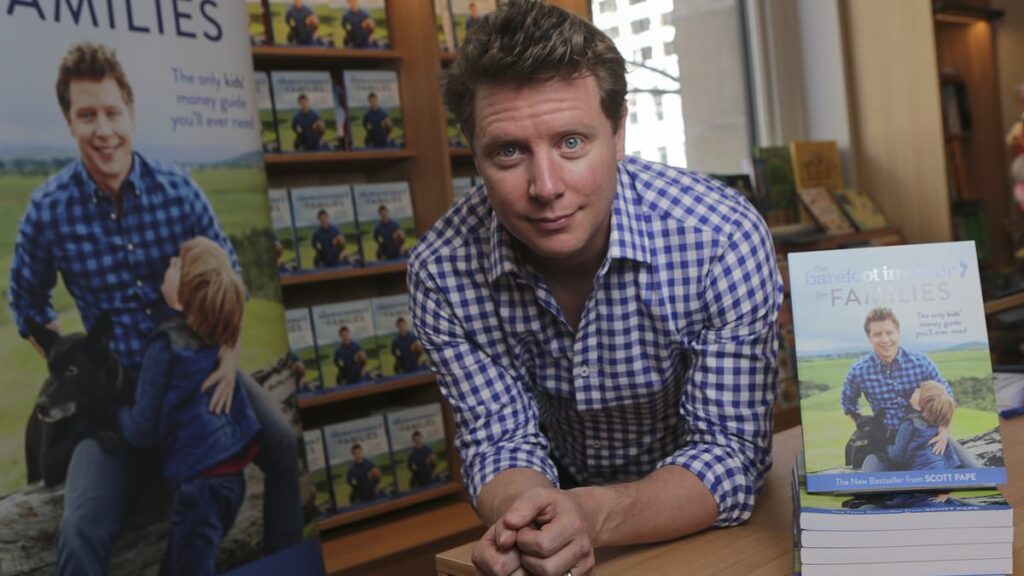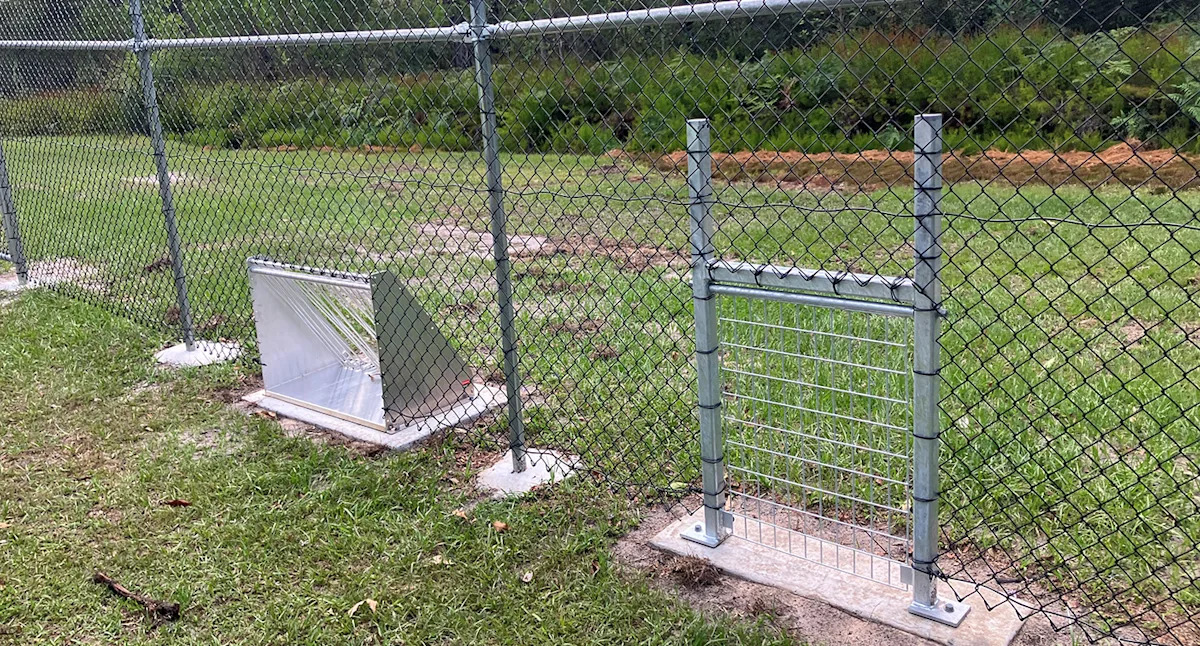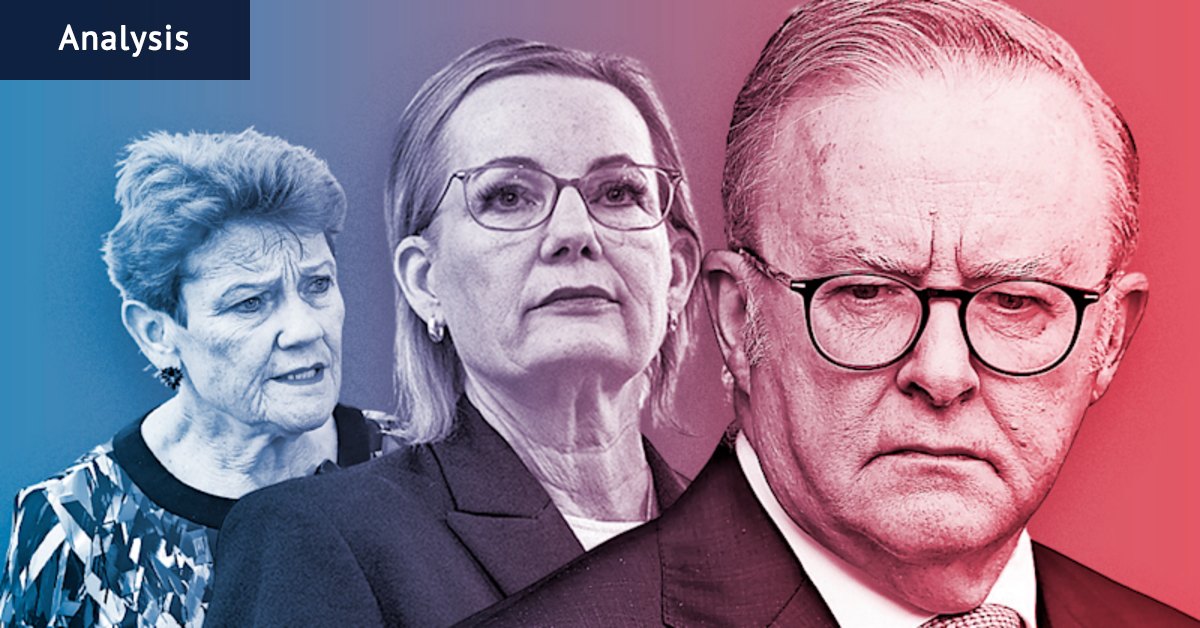
Barefoot Investor Scott Pape has delivered a stark message to a father concerned about his daughters’ spending habits. The father, frustrated by his children’s behavior, sought advice from the renowned finance guru, only to receive a blunt response that challenged his parenting approach.
The father explained that his 10 and 12-year-old daughters each receive $20 a week in pocket money, which they quickly spend at the school canteen, leaving their packed lunches untouched. Despite attempts to instill financial responsibility through various methods, such as offering money for chores or reducing their food portions, the father found himself at a loss.
In his plea for guidance, he asked, “What modern strategies actually work for teaching money and food values to entitled kids?”
Scott Pape’s No-Nonsense Response
Scott Pape, known for his straightforward financial advice, did not mince words. He urged the father to stop blaming his children and instead take responsibility for the conditions he had set.
‘Stop blaming your kids,’ Pape retorted. ‘If they’re spoilt brats, you’re the one who set up the conditions for them to rot.’
Pape criticized the father for giving his children money without requiring them to earn it, labeling it a “princess payment” rather than pocket money. His advice was clear: cut off the handouts and teach them the value of money through work.
A Call for Parental Responsibility
Pape’s response highlights a broader conversation about parenting and financial education. He emphasized the importance of setting boundaries and incentives, suggesting that parents should encourage their children to earn money through chores or entrepreneurial ventures.
‘People don’t value money they don’t work for,’ Pape explained. ‘Your job is to teach them that money comes from working.’
He advised the father to stop providing money freely and instead engage his children in discussions about earning and saving, potentially through starting their own small business.
Context and Broader Implications
This exchange underscores a common concern among parents today: how to raise financially responsible children in a world where consumerism is rampant. The issue is not new; however, the methods of addressing it have evolved. Traditional chores like car washing and dog walking may no longer appeal to modern children, necessitating innovative approaches.
Experts in child development and financial education agree that instilling money management skills early is crucial. According to a study by the University of Cambridge, children form their money habits by age seven, making early intervention essential.
Expert Opinions and Strategies
Financial advisors often recommend a combination of practical experience and open dialogue. Allowing children to make financial decisions, even if they result in mistakes, can be a valuable learning tool. Additionally, involving children in family budget discussions can provide insight into real-world financial management.
‘Nearly every parent worries their kids are spoilt brats. It’s natural, our kids are growing up with more than we ever had,’ Pape noted, encouraging parents to set the right boundaries.
Looking Ahead: Teaching Financial Literacy
As society continues to grapple with the best ways to teach financial literacy, Pape’s advice serves as a reminder of the importance of parental involvement and responsibility. By fostering an environment where children understand the value of money and the effort required to earn it, parents can help prepare them for future financial independence.
The conversation sparked by Pape’s response is likely to continue, as parents seek effective strategies to navigate the challenges of raising financially savvy children in a modern world. The key, as Pape suggests, is to stop making excuses and start being the parent children need, not the ATM they want.





